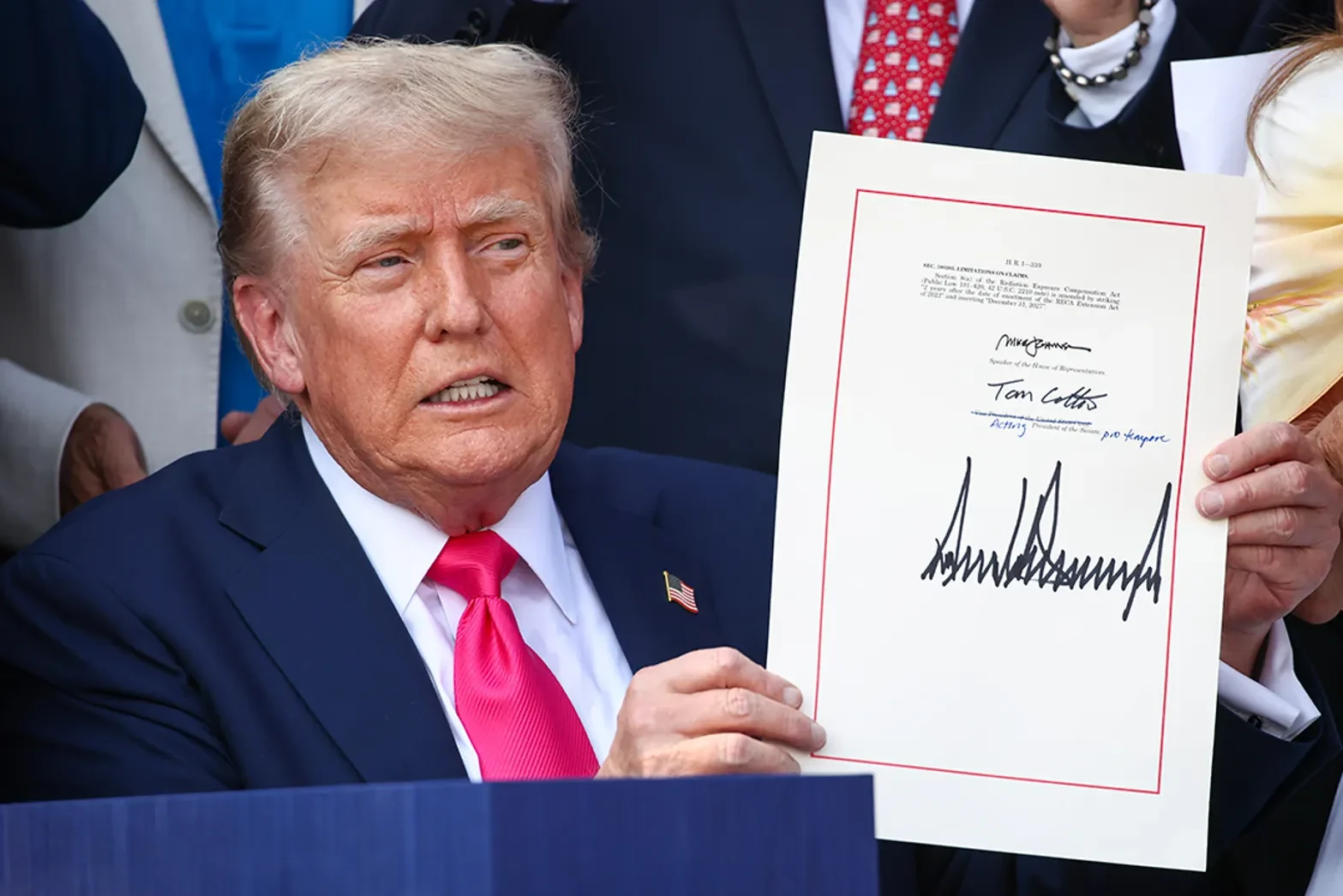The reported turmoil at MSNBC is a microcosm of the challenges facing the mainstream media as a whole.
With President-elect Donald Trump set to return to office for a second term, the network, which has long positioned itself as a progressive counterweight to Trump’s agenda, finds itself grappling with a crisis of identity, audience, and leadership. MSNBC President Rashida Jones, at the center of the storm, is reportedly considering an exit—an alleged move that underscores the network’s broader struggles in a shifting media landscape.
The network’s post-election ratings tell a grim story. Nielsen data reveals MSNBC has suffered a 47% decline in viewership since Trump’s victory, averaging just 497,000 viewers daily. The bleeding is even worse in the coveted 25-54 demographic, where numbers have plummeted to a mere 49,000 viewers. These figures are not just disappointing; they are catastrophic for a network that once thrived on anti-Trump fervor.
Rashida Jones, who has led the network since 2021, is reportedly weighing her options as MSNBC’s future becomes increasingly murky. While Jones has denied the claims, media insiders like CNN’s Brian Stelter and former CNN reporter Oliver Darcy have both corroborated the rumors of her potential departure.
Whether the decision is voluntary or coerced, the timing is conspicuous. Critics have noted that such “resignations” often follow steep declines in performance, with one television executive sarcastically commenting on the trend of media leaders leaving to “spend more time with their families” after ratings nosedive.
Compounding MSNBC’s troubles is the uncertainty surrounding its parent company, Comcast. Reports suggest Comcast is considering spinning off MSNBC and other assets like CNBC into a separate company, which would then be sold. Such a move would sever MSNBC from NBC’s news-gathering operations, leaving the network adrift at a time when its identity and relevance are already under scrutiny.
This restructuring speaks to a larger trend in the media industry: the breaking apart of legacy conglomerates as they struggle to compete with digital-first platforms. If MSNBC is sold, its editorial independence and future direction could depend heavily on the priorities of its new owners, raising further questions about its long-term viability.
The irony is hard to miss: Trump’s return to office, the very catalyst for MSNBC’s rise to prominence during his first term, has not reignited the passion of its audience. Instead, the network appears rudderless, unable to recapture the magic of its anti-Trump heyday. Trump’s second term may provide a rich vein of content for MSNBC to mine, but the network’s decline suggests that viewers may no longer be buying what it’s selling.
This crisis is not unique to MSNBC. CNN, too, has seen its ratings collapse, with high-profile figures like Chris Wallace exiting amid similar struggles. The anti-Trump business model, which sustained networks through his first term, has proven unsustainable in the long run.



